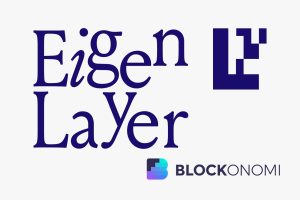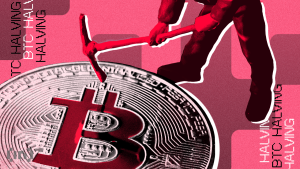Decentralized asset management system launches for Arbitrum, Optimism

[ad_1]
Decentralized asset management platform Valio has launched publicly, according to an announcement from the platform’s team. The new protocol allows users to have their funds managed by professional traders but without having to trust these traders as custodians.
The app’s launch is initially taking place on the Abitrum and Optimism networks. Valio previously launched in a whitelisted version on July 24, but the new public version unveiled on Aug. 7 does not require managers to be approved in advance.

In a conversation with Cointelegraph, Valio founder Karlis gave more details on how the app works. Investors can browse lists of money managers and view their stats through an “explore” page. If an investor decides to back a particular money manager, they can deposit assets to participate in that money manager’s fund.
All assets are held in smart contracts and cannot be removed by the money manager. In addition, the DeFi applications that a manager can invest in are limited to a predetermined list. At launch, Valio is integrated with perpetuals trading platform GMX on Arbitrum and decentralized exchange protocol 0x on Optimism.
According to the protocol’s founder, it also uses a system called “cumulative price impact tolerance architecture” to limit the amount of price impact money managers can cause to an individual investment. This is done in order to prevent managers from draining investors’ funds through investing in illiquid assets and simultaneously betting against their own clients. If an unscrupulous money manager was to try to drain funds in this way, he claimed, they would only be able to make off with 3%-5% of total funds, which would be less than could be earned from being honest and collecting fees.
Karlis claimed that anyone can be a money manager on Valio. “You no longer need to have been born in the right part of the world or have gone to the right university and, god forbid, be of the right skin color,” he stated. “Valio levels the playing field.” Money managers can deploy vaults by simply configuring a few parameters and clicking the “create” button. The app tracks the manager’s returns and provides detailed information about investments held in their vault, allowing investors to back managers based on their performance rather than real-world credentials.
Users who aren’t Web3 savvy have the option to use a seedless smart contract wallet to confirm transactions, allowing them to login to the app using familiar social login tools. According to Karlis, Valio uses Safes (formerly known as “Gnosis Safes”) that rely on account abstraction to make this feature possible.
Karlis argued that apps like Valio represent the future of asset management, as they will attract the “Wall Street Bets” crowd that is interested in “actual success.”
A growing number of companies have been trying to make DeFi apps and crypto wallets easier to use. Currently, users need to know how to set up a wallet and store seed words, transfer crypto to the wallet, switch networks, and perform multiple other tasks that are unfamiliar to Web2 users. Valio is attempting to alleviate this problem by using forms of new wallet technology. Some other examples include Synquote and Beam wallet.
Magazine: Deposit risk: What do crypto exchanges really do with your money?
[ad_2]
Source link










